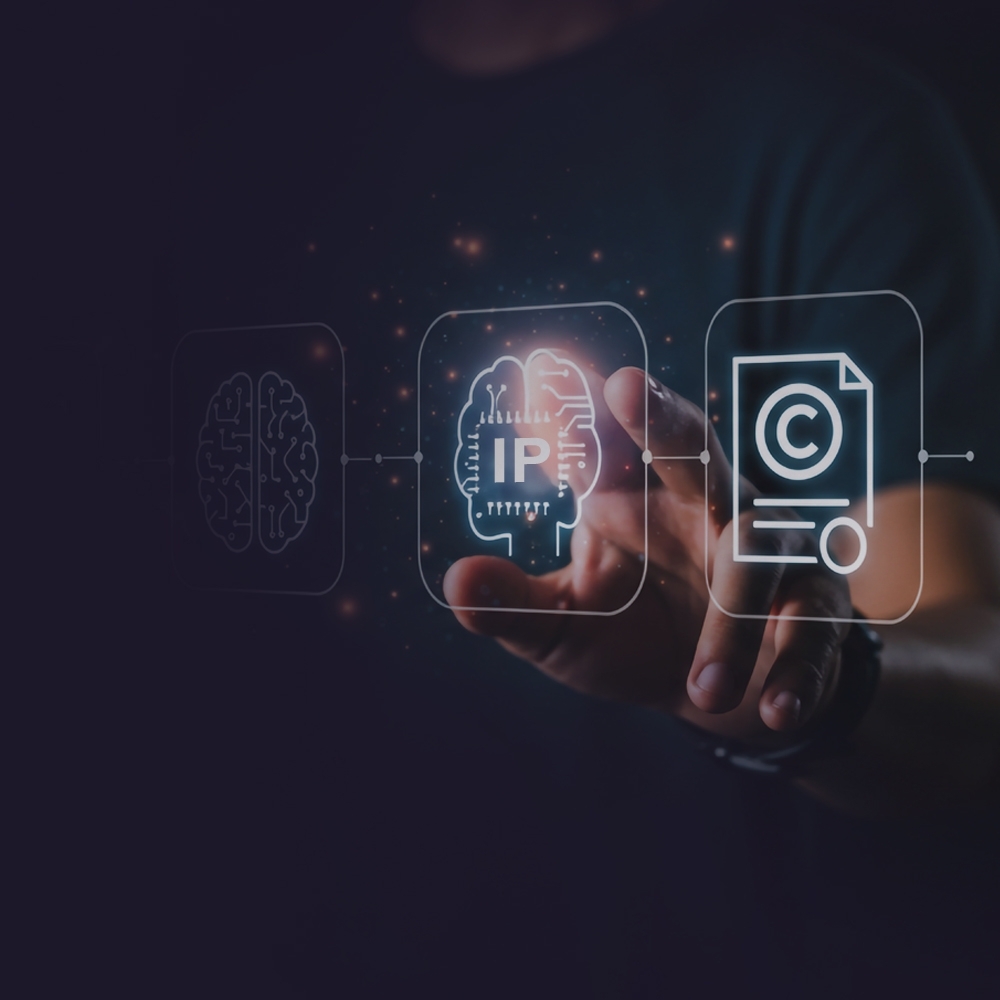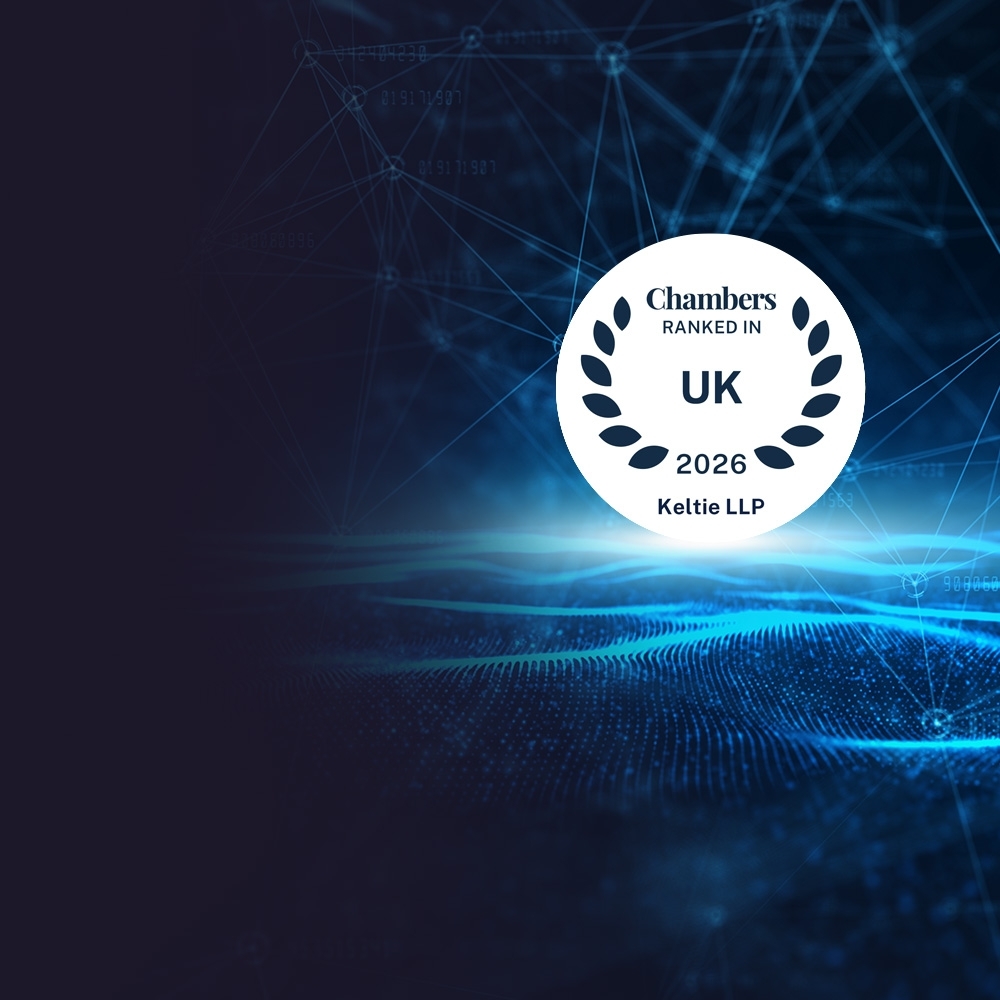13.02.2025
The European Commission has withdrawn its standards essential patent proposal.
Thank you
In April 2023, the European Commission introduced a proposal for a regulation on standard essential patents (SEPs), aiming to create a more transparent and efficient framework for SEP licensing within the EU.
The proposal sought to balance the interests of patent holders and implementers by establishing clearer rules around the declaration, licensing, and enforcement of SEPs. However, it faced significant debate and scrutiny from stakeholders across industries.
In its updated work program for 2025, the European Commission decided to withdraw the SEP regulation proposal. This move reflects the complexities and challenges associated with regulating SEPs and suggests that the Commission is reconsidering its approach. One possible factor influencing this decision is the increasing role of the Unified Patent Court (UPC), which became operational in 2023. The UPC provides a centralized forum for patent disputes, including SEPs, which may have reduced the perceived need for additional regulatory intervention at the EU level.
The UPC is likely to be the primary driver of change in SEP-related matters in Europe for the next few years. With its ability to deliver consistent rulings across participating EU member states, the court could shape the legal landscape for SEP enforcement and licensing. This development may allow market participants to navigate SEP disputes without the need for a separate regulatory framework from the European Commission.
The withdrawal of the proposal has elicited varied responses. Some stakeholders welcomed the decision, viewing it as an opportunity to maintain the status quo and avoid potential disruptions. Others expressed disappointment, believing that a regulatory framework is necessary to address ongoing challenges in SEP licensing and to promote innovation and competition within the EU.
As the situation evolves, the focus will likely shift towards how the UPC handles SEP-related cases and whether its decisions provide the certainty and balance that the Commission sought through the proposed regulation. Stakeholders should closely monitor UPC rulings and their impact on SEP licensing dynamics in the EU.
Links
- Original proposal - https://single-market-economy.ec.europa.eu/publications/com2023232-proposal-regulation-standard-essential-patents_en
- Commission update - https://commission.europa.eu/document/download/7617998c-86e6-4a74-b33c-249e8a7938cd_en?filename=COM_2025_45_1_annexes_EN.pdf (see Annex IV, item 17)

22.10.2025
A year on: IP Advance Scheme for SMEsOne year on from the launch of the IP Advance Scheme, Nathaniel Taylor shares an update on the latest SME financial support scheme, IP Advance, launched by the UK IPO.

16.10.2025
Keltie Recognised Again in Chambers UK 2026 rankingsKeltie is recognised once again in the Chambers UK Guide 2026 for excellence in Intellectual Property. The firm has retained its UK-wide Band 2 ranking for Intellectual Property: Patent & Trade Mark Attorneys, reflecting our continued strength, expertise and client commitment across the full spectrum of IP services.
Thank you